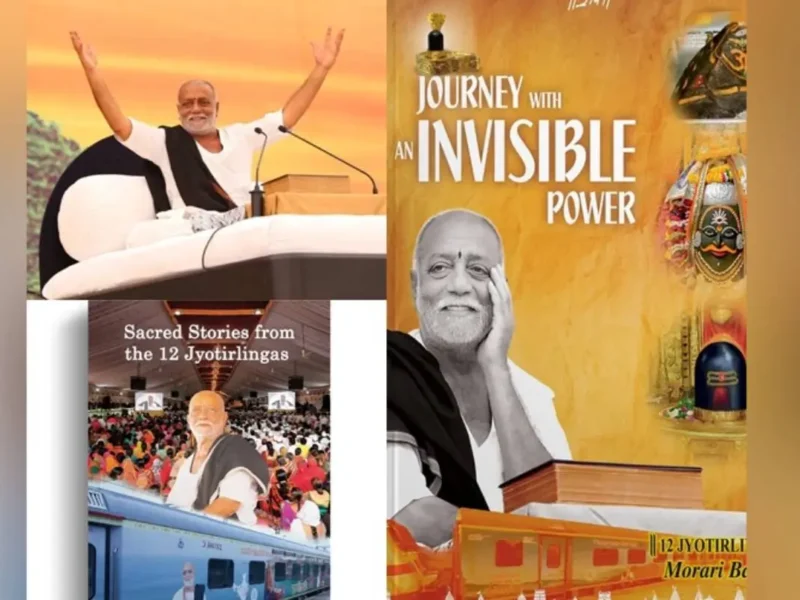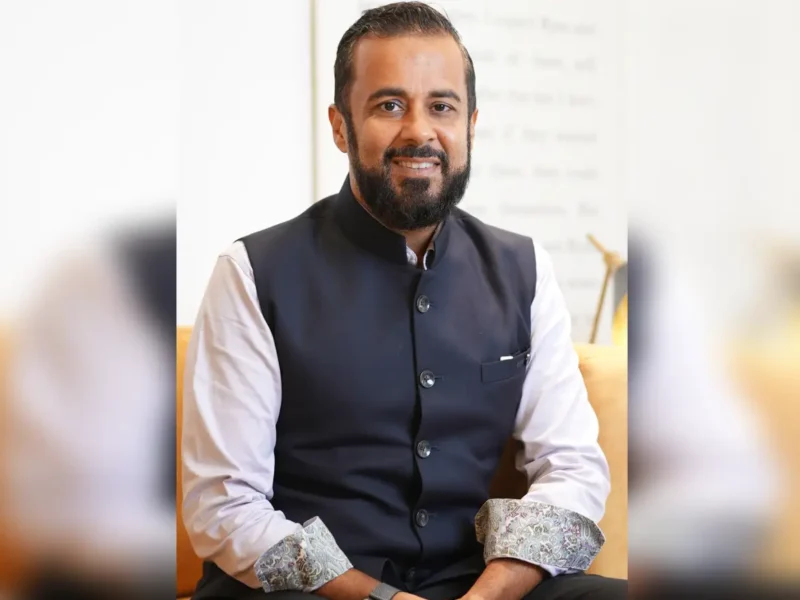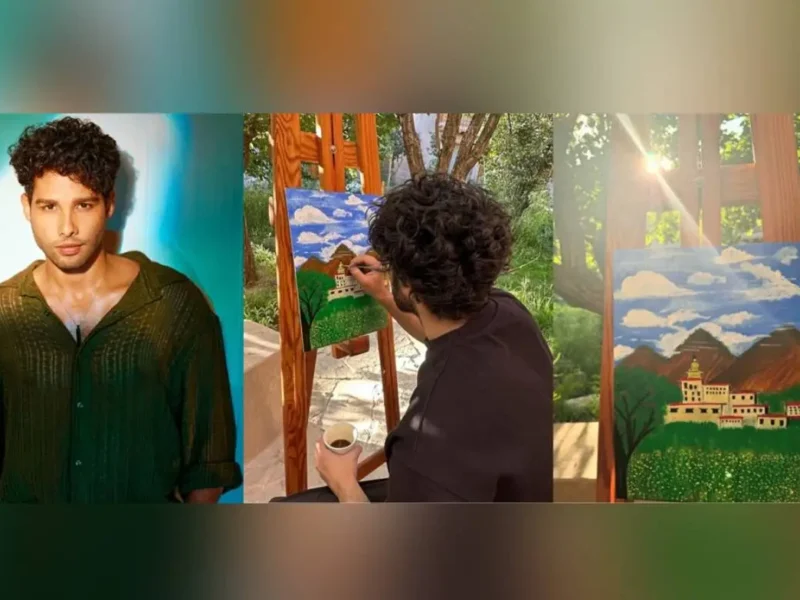
Pak Writers Doing Well In India: NYU Professor
NEW DELHI, (IANS) – Stressing that Pakistani writers are doing well in India as both nations are on the same edge — socially and politically, Pakistani American writer and translator Tahira Naqvi says that when it comes to the UK and the US there are other reasons. “Well, we are no strangers to the British public, and as for the Americans, they love us if we write about neurotic immigrants or the half-crazed children of immigrants, or mirch masala — and won’t really be interested in much else.”
Naqvi’s novel ‘The History Teacher of Lahore’ (Speaking Tiger) which was released recently is set in 1980s Lahore when the country was ruled by Zia-Ul-Haq. Revolving around Arif, a history teacher who becomes a part of the resistance, the novel navigates fundamentalism, the decline of democracy, and sectarian violence, but never lets go of the enigmatic cultural traditions of Urdu poetry.
Known for her translations of major writers including Saadat Hasan Manto, Munshi Premchand, Khadija Mastur, and Ismat Chughtai, this Clinical Professor in the Department of Middle Eastern and Islamic Studies at New York University has to her credit short story collections including ‘Dying in a Strange Country’ and ‘Attar of Roses and Other Stories of Pakistan’.
‘The History Teacher of Lahore’ has its origins in a larger work which she began in the year 2000 after she first read about a blasphemy case incriminating a Catholic priest in Lahore.
“The case ended tragically. Something about this incident and subsequent event targeting Christians by bringing trumped-up blasphemy charges against them prompted the idea of Arif, the poet and history teacher. However, in the original version, his story progressed alongside the story of a young woman who finds herself in an unhappy marriage, the novel running to about 500 pages! “She recalls.
While the novel hibernated for several years owing to her husband’s illness, it was in 2016 that she decided to separate the two stories and one of them became the novel.
A work deeply entrenched in her own nostalgia about the city where she grew up, in memories of the place, family ties as well as the literary and social culture of Pakistan, the author says it was during the Pandemic, perhaps motivated by the solitude (“a wondrous thing in itself”), she took out the manuscript and worked on it again.
“My love affair with English literature began at the Convent of Jesus and Mary, Lahore, and Urdu literature began at home. I have carried them faithfully, from one continent to another, without one diminishing the passion for the other. During my late teens and early twenties, the Urdu scene in Lahore was buzzing with passionate voices of famous poets like Faiz Ahmed Faiz, Habib Jalib, Sufi Tabassum, Josh Malihabadi, and Faraz to name a few.
“We were also reading Urdu fiction, a lot of it, all the way from A R Khatun to Hajira Masroor and Khadija Mastoor, from Ismat Chughtai, to Manto, to Naseem Hijazi and Ibn-e-Safi. Of course, for today’s readers, all these names belong to the dead writer’s society, so to speak, and even though poetry and fiction are alive and well in Pakistan, the scene is vibrant still, in Karachi and Lahore especially, it is the voices of the past that I hear; Faiz resonates as do Jalib and Faraz. The world of Urdu I have created in the novel exists as a memory,” Naqvi adds.
While she was not living in Pakistan during the Zia era and afterwards, much of what I have included in the novel that relates to specific political events of the period comes to her secondhand from magazines, journals, and newspapers. “I had the material before me so in that sense, the position of insider-outsider facilitated the writing.”
Naqvi began her original work with the short story, and though she occasionally toyed with the idea of writing a novel, it was not a prospect she seriously entertained until much later. “I am now completing my third novel and don’t ever think about writing a short story,” she says.
For her, translation and her own writing began at the same time. She feels while the two processes are very different, they draw strength from each other. “I cannot observe or really understand that. But yes, translation, as I have said in the past, is like having a cup of tea after the end of a long, tiring day, while writing fiction is like making biryani from scratch.”




